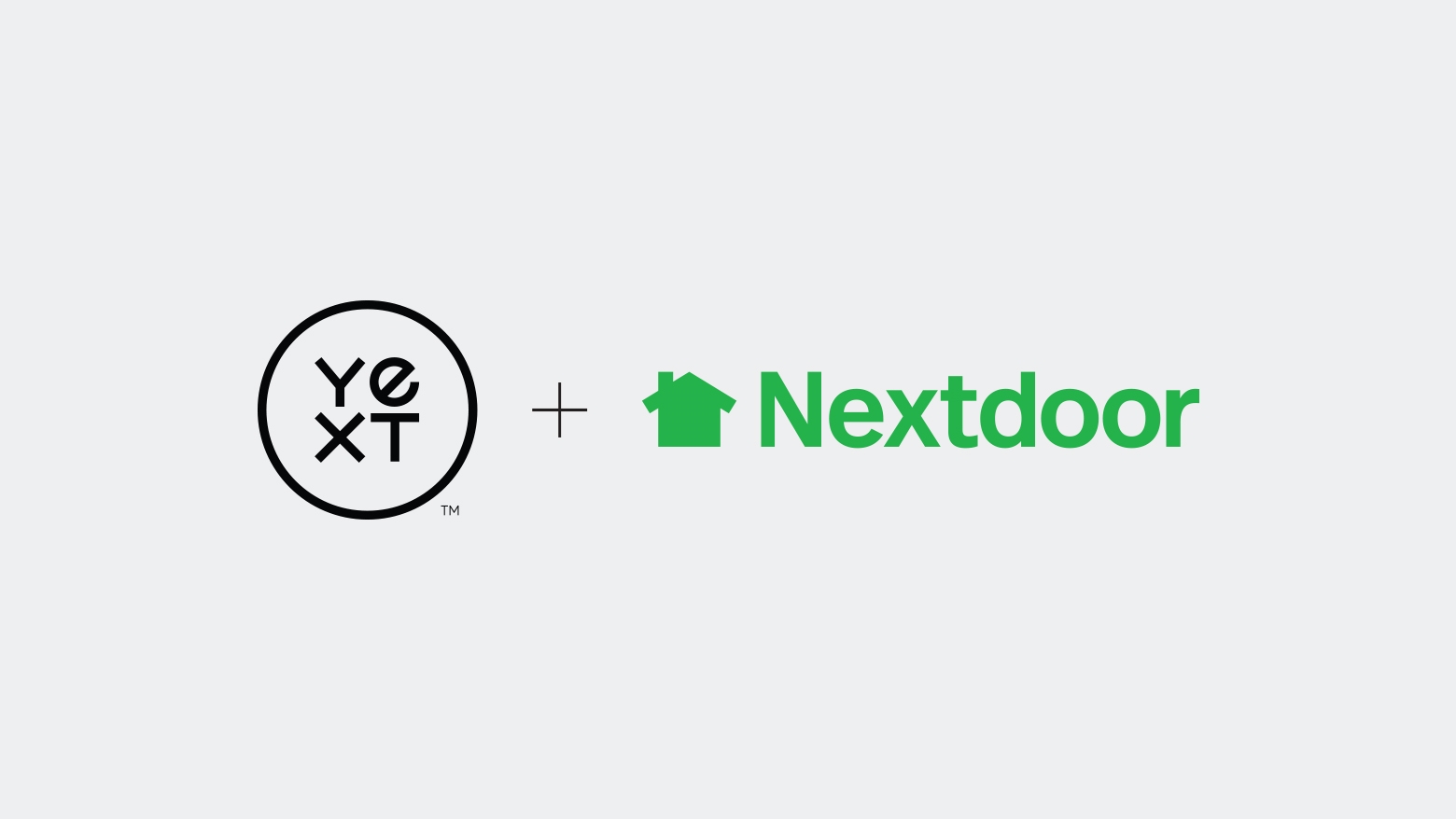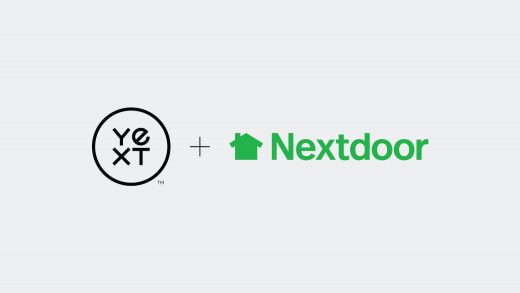Yext, Nextdoor Help Improve Local Business Experience
Yext, Nextdoor Help Improve Local Business Experience

The neighborhood social network Nextdoor and search platform Yext have partnered to give neighborhood businesses a way to manage the facts about their companies, confirming the growing demand for verified answers across the Internet.
“We have hundreds of millions of different facts about local businesses that we can push to Nextdoor to improve the experience for businesses and users,” said Marc Ferrentino, chief strategy officer at Yext.
The global integration allows businesses using Yext to publish relevant facts to their Nextdoor Business Pages. The facts include locations, contact information, hours of operation, and more. It all comes direct from the business.
A recent study from Yext, “Do You Really Know Who Is Answering Questions About Your Brand?,” delves into the topic of how few brands actually control the answers consumers get in search queries.
Consumers often ask questions on multiple platforms, such as Google, Yelp, Amazon Alexa and a brand’s website. ]
Some 95% of consumers use three or more channels to connect with a company in one session. Brands must provide the best answer to compete.
Yext believes there are three types of answers: objective, subjective and deceptive. Perhaps that’s why brands using Yext Listings in Nextdoor will find help from the Yext Knowledge Network, which connects millions of data points to find the correct answer. Their facts sync automatically from the Knowledge Graph to their Business Page listings on Nextdoor.
This collaboration signals a growing demand for the verification of internet-based services from companies like Yext, which work with brands such as Taco Bell, Morgan Stanley and Hard Rock International.
Nextdoor is known for verification of users, sending them a postcard through the postal service to verify they live in the neighborhood. Yext verifies content and information posted online by businesses.
Ferrentino said there is a growing trend by a variety of businesses to verify the content they put out on the web. “It could be sites for healthcare and financial services or food,” he said. “We just don’t focus on locations, but also things like menus and events and other data.”
(21)


